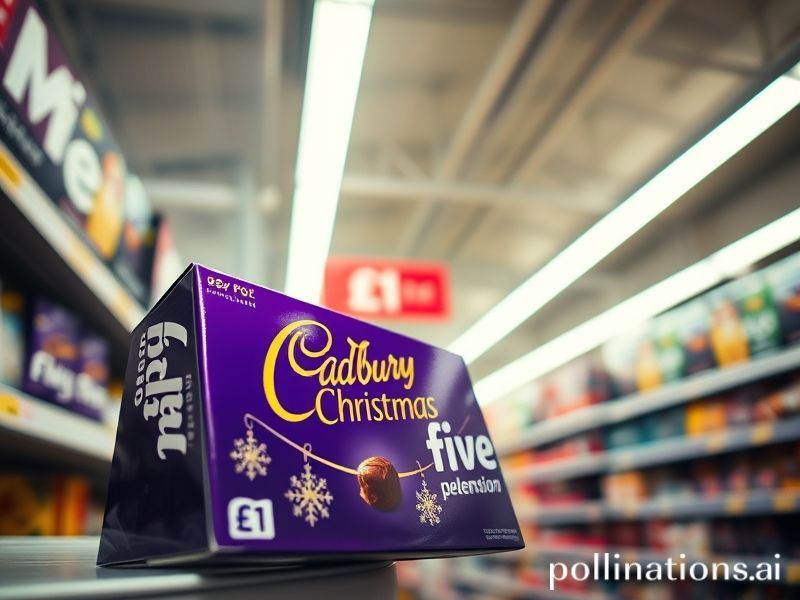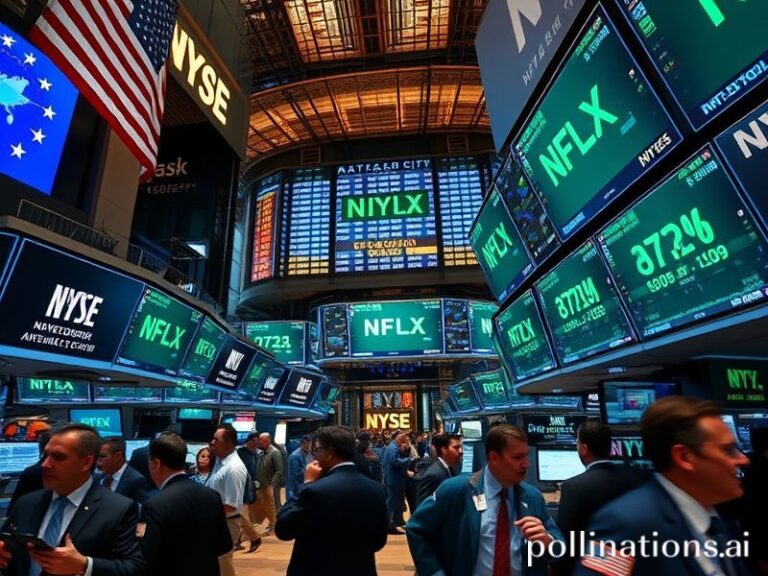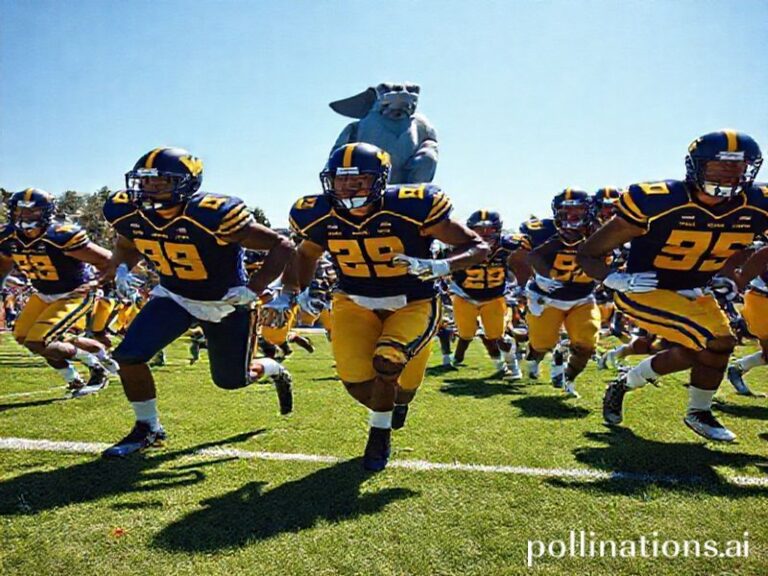How a £1 Cadbury Box Became the Last Neutral Currency in a Fractured World
Poundland Cadbury Selection Boxes: The Last Chocolate Diplomats in a Fracturing World
By the time the white-and-orange price tag drops to £1, the Cadbury selection box has already travelled further than most of us will this decade. Somewhere between Bournville and the fluorescent aisles of a Poundland near Luton, it has absorbed tariffs, exchange-rate tantrums, and the quiet existential dread of Brexit paperwork. The world’s great powers meet in Davos to fret about supply-chain resilience; meanwhile, the miniature Freddo, Fudge, and Dairy Milk negotiate their own customs union inside a crinkly plastic wrapper. If you listen closely, you can almost hear them arguing over rules of origin.
To the casual shopper, the box looks like festive tat—a shrink-wrapped peace offering for nieces you forgot existed until December 23rd. But zoom out and you’ll see a microcosm of late-stage global capitalism. Ghanaian cocoa, subsidised EU sugar, Malaysian palm oil, and an aluminium foil smelted God-knows-where convene under the banner of a brand owned by Mondelez International, a New Jersey–headquartered conglomerate that still milks its Bournville heritage for Instagrammable nostalgia. The entire operation is wrapped in the Union Jack and priced like a cup of coffee in 1994. It’s either a triumph of logistics or the punchline to a joke no one remembers starting.
Across the Channel, French hypermarkets sell similar assortments for €4.50, prompting Parisian foodies to stage theatrical tastings on TikTok. (“Notes of childhood betrayal and post-industrial ennui,” one influencer deadpans between bites.) In Lagos, knockoff versions hawked in traffic jams come with bonus Bible verses printed on the inside flap—an ecumenical upsell that Mondelez PR can only dream of. And in the duty-free zone of Dubai International, the same box retails for the equivalent of £6, proving that the farther you fly from Birmingham, the more Britishness costs.
The diplomatic implications are deliciously absurd. When the UK briefly threatened to trigger Article 16 of the Northern Ireland Protocol, negotiators on both sides quietly fact-checked chocolate tariffs first. No one wanted to be the bureaucrat who triggered a Freddo famine in County Down. Likewise, when Ghana’s president lobbied London for fairer cocoa pricing, aides slipped him a Poundland receipt as evidence that his farmers’ sweat was being liquidated for literal pennies. The man reportedly laughed until he cried, then asked for a glass of water—no sugar.
Of course, the selection box is also a time capsule. One layer down, you’ll find a Curly Wurly that still measures four inches, defying decades of shrinkflation like a chocolate-covered middle finger to the metric system. Next to it, a Chomp bar advertises “new recipe, same great taste,” a phrase that translates roughly to “we swapped half the cocoa for chicory and hoped you wouldn’t notice.” These are the compromises that keep the peace in households where one child insists on vegan options and another wants the caramel density of a Cold War submarine hull. Diplomacy, it turns out, is mostly sugar-coating.
Economists will tell you that the £1 price point is loss-leader theatre: lure them in for cheap chocolate, upsell the £3.50 tub of Quality Street on the endcap. But psychologists know darker truths. In an age of rolling crises—pandemics, inflation, climate doom—the selection box is a four-square-foot safe space where calories are knowable and joy comes pre-portioned. Tear it open and the world narrows to a question simple enough for any species: Fudge first, or save the best for last? Civilisations have fallen over less.
So as COP delegates argue over carbon budgets that feel abstract even to them, consider the humble Poundland Cadbury selection box: a foil-wrapped ambassador from a time when globalisation meant more than doomscrolling and supply-chain haikus. It won’t save the planet, but for 24 rectangles of chemically preserved optimism, it will briefly make you forget you needed saving in the first place. And if that isn’t worth a quid in any currency, then we’ve truly run out of treats—and excuses.







